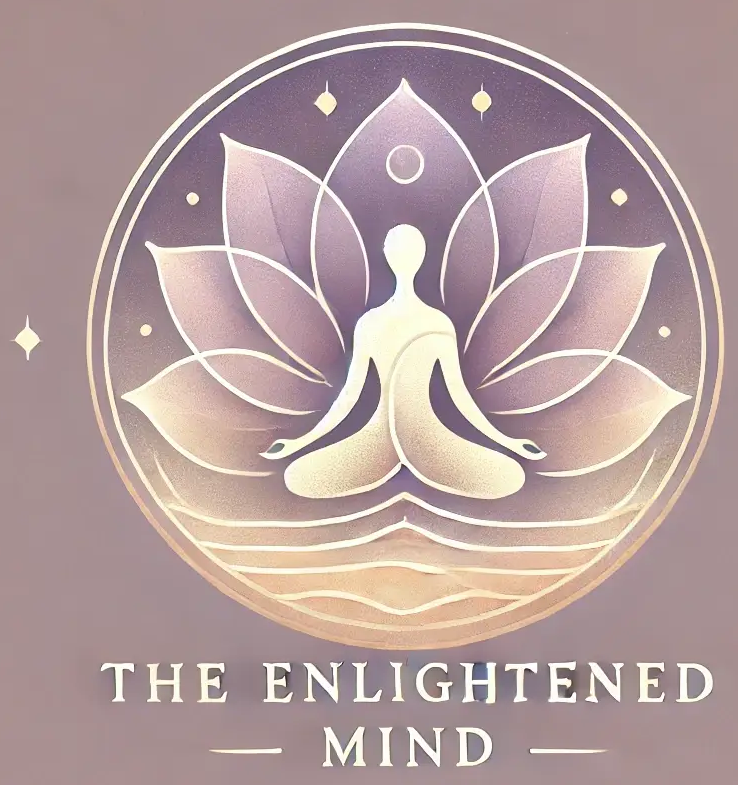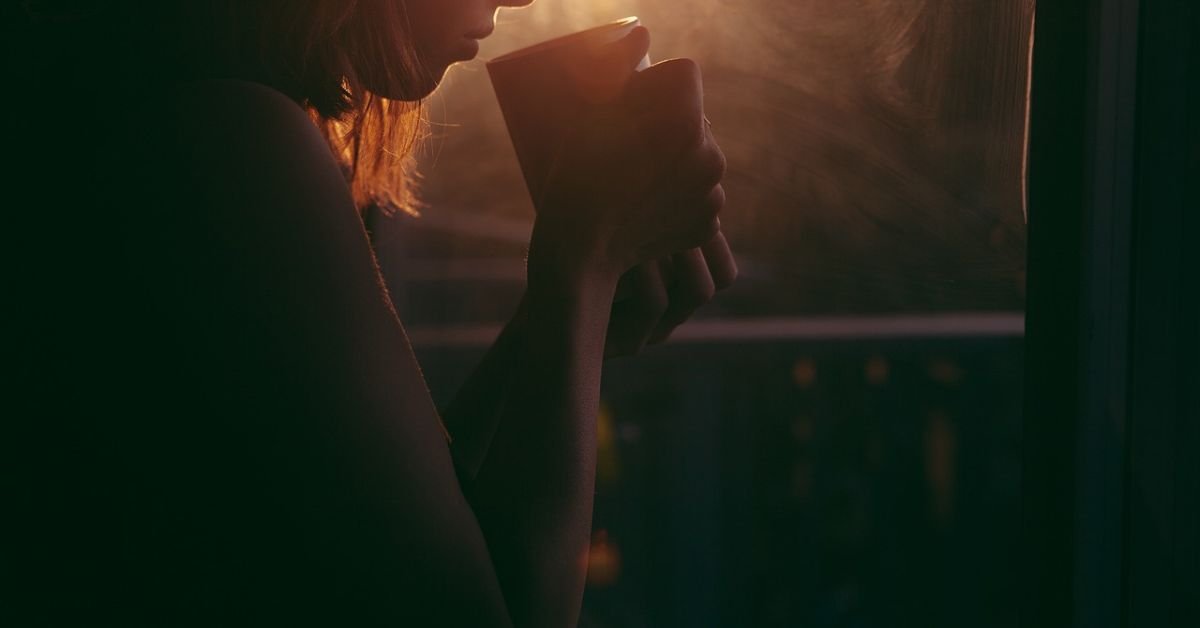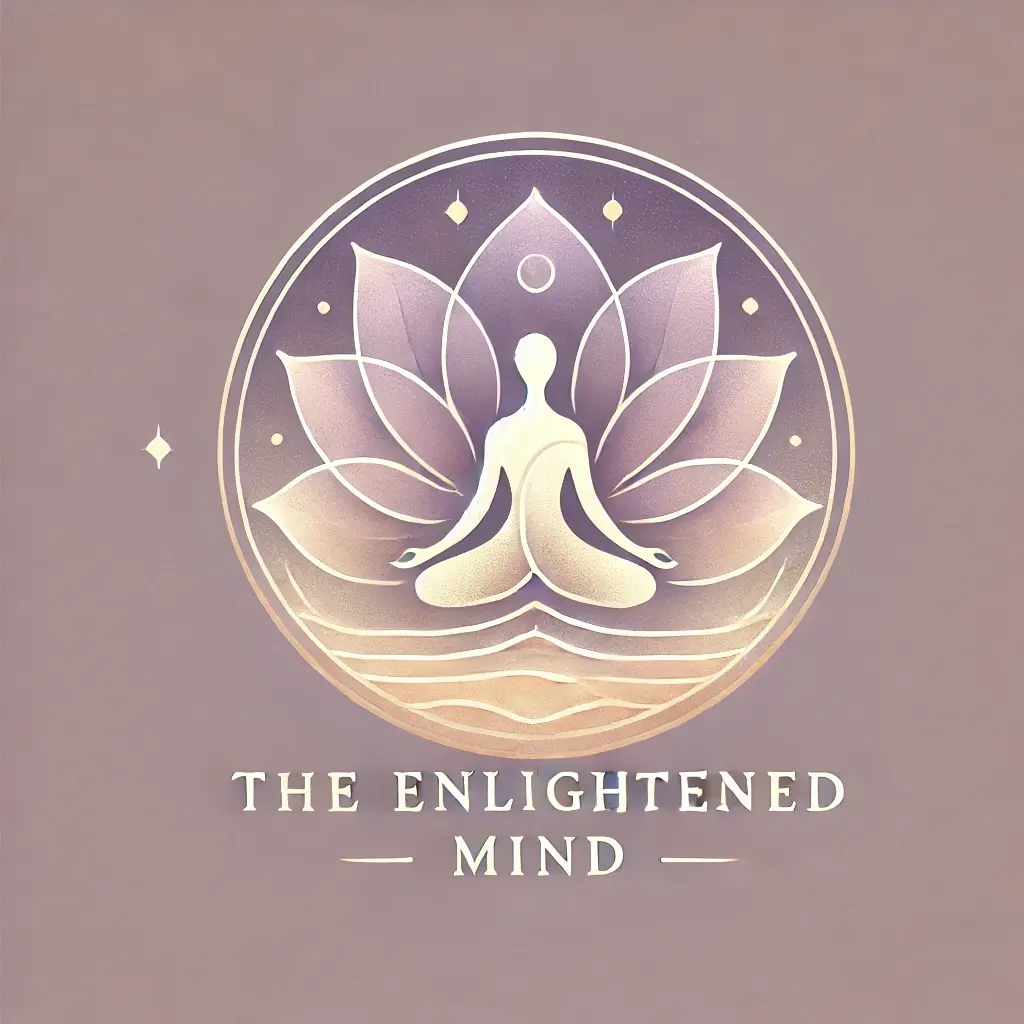Making the Switch from Coffee to Black Tea: My Experience with Energy Levels
When deciding between tea and coffee, I have always had a strong preference for coffee. The aroma and taste of herbal tea never appealed to me. I distinctly recall being repulsed by the scent of my mother’s natural cold remedy, a concoction of red onion and apple tea she would brew before bedtime. Even when under the weather, I opt for restful sleep, chicken broth, and over-the-counter medications rather than tea.
Embracing Tea After a Month in India
As I’ve grown older, my palate has also evolved. During a month in Southern India, I not only indulged in the best Indian cuisine but also discovered the enchanting world of masala chai tea. After savoring numerous cups of this delightful tea, I found myself venturing into other tea varieties, despite my previous aversion to tea in general.
Stepping Out of My Coffee Comfort Zone
Transitioning from a devoted coffee drinker who consumed at least eight ounces daily since the age of 14 was no easy feat. Coffee had been a significant part of my daily routine, especially as someone raised in a Latine home where the tradition of enjoying a three-ounce cup of espresso, or cafecito, twice a day was deeply ingrained. Nevertheless, I embraced the challenge of exploring the world of teas, setting aside my coffee rituals for a new experience.
Consulting Experts on Tea, Mood, and Energy
To ensure a comprehensive exploration of teas and their potential effects on mood and energy, I sought insights from nutrition and holistic health professionals. Their expertise provided valuable guidance for this experiment.
The Advantages of Tea
Before delving into the specifics of my study, it is important to highlight the numerous advantages of tea.
Depression, Anxiety, and Mood
Black tea, with its lower caffeine content, can provide mood-boosting effects similar to coffee but without the potential side effects of jitteriness and insomnia that can result from excessive coffee consumption, according to Alicia Bigelow, ND, a naturopathic physician, holistic therapist, and member of The Enlightened Mind review board.
Using Herbal Teas for Stress Relief
Teas containing adaptogenic herbs, such as ashwagandha or rhodiola, along with botanicals like lemon balm and chamomile, can effectively reduce stress and induce a sense of calm, according to Dr. Supatra Tovar, a clinical psychologist and registered dietitian. Research suggests that Rhodiola rosea tea may even have antidepressant properties in humans.
Additional Benefits
In addition to stress relief, herbal teas like lavender or passionflower are recommended by Dr. Tovar for their relaxing effects without causing drowsiness.
Energy Levels
“Black tea and matcha both contain caffeine, which can improve alertness and concentration,” states Dr. Tovar. Additionally, they offer unique advantages not present in coffee. “Matcha, specifically, is packed with L-theanine, an amino acid that induces relaxation and combats the jittery side effects of caffeine,” Dr. Tovar clarifies. “This blend delivers a more consistent and gentle energy increase without the typical crashes linked to coffee.”
Enhancing Energy Teas
According to Dr. Tovar, there are various teas and herbs that offer energy-enhancing properties, such as:
Drinking Daily Cups of Tea
How did consuming black tea daily impact my mood and energy? Below are my experiences after drinking an eight-ounce cup of tea each day:
Day 1
Despite oversleeping due to a late-night concert the previous evening, I woke up on this Tuesday morning feeling a bit sluggish. Adding to my fatigue, I was also menstruating, contributing to my low energy levels. By 11 a.m., I had my first cup of Earl Grey tea with oat milk, which provided an immediate boost, keeping me energized throughout the morning and early afternoon. However, around 3 p.m., I experienced what seemed like a caffeine crash.
Being a habitual coffee drinker, experiencing a midday slump was not uncommon for me, prompting my usual second cup of coffee around this time. Since I was working from home and didn’t need a significant energy boost, I decided to power through the slump without additional caffeine.
Day 2
I began my Wednesday at approximately 9 a.m. enjoying a cup of Earl Grey tea with my breakfast. I felt quite energetic throughout the morning, but as I met my friends for brunch at 1 p.m., I felt the need for another cup of tea. Knowing I had a late class that evening keeping me on campus until 8 p.m., I decided to replenish my energy levels.
To try something new, I selected a coconut matcha latte from the restaurant’s menu. Personally, I usually find matcha too strong and earthy for my taste, but the addition of coconut milk helped mellow the intense matcha flavor. The 16-ounce tall glass of matcha provided just the energy boost I required to carry me through the rest of the day.
Day 3
On the third day of my week, I started my morning early at 7 a.m. with my usual Earl Grey tea and oat milk. For breakfast, I enjoyed avocado toast with eggs and a banana on the side to fuel myself for the day. I had a babysitting job scheduled from 9 a.m. to 2 p.m., so I needed to ensure I had enough energy to keep up with the children.
Everything was going well until around 1 p.m. when I experienced a slight energy dip. I attributed this to a late night the day before, going to bed at 2 a.m., and having to wake up at 6 a.m. It was challenging to determine if the slump was caused by the lack of caffeine or inadequate sleep—it was likely a combination of both factors.
Day 4
By the fourth day, the situation became more complex as symptoms of caffeine withdrawal began to arise after abstaining from espresso for three days. Transitioning to black tea, which contains less caffeine than coffee, I started to experience a mild headache. In an effort to combat this, I brewed a cup of earl grey tea around 3 p.m., which was six hours after my typical morning routine. This second cup not only revitalized me but also helped alleviate my headache for a few hours.
Day 5
On Saturday, my day started later than usual with a cup of Earl Grey tea and oat milk, paired with avocado toast for breakfast around 11 a.m. I stayed at home, working on an article and recovering from a previous night of drinking red wine with friends. I spent most of the day resting and watching a new Netflix series, skipping another cup of tea as I relaxed. Overall, after taking a break from coffee and opting for black tea for five days, I can appreciate the appeal of a daily cup of tea, especially for those who prefer tea over coffee or seek a gentler caffeine option.
Should You Drink Tea for Energy?
It depends on your energy needs and preferences.
According to Dr. Bigelow, some individuals choose coffee for its higher caffeine content to increase energy levels.
However, if you are sensitive to caffeine, Dr. Tovar suggests that tea can be a great substitute for coffee to boost energy. Teas like green tea and matcha contain L-theanine, which offers a balanced energy boost without the potential anxiety or insomnia that coffee may cause, especially when consumed later in the day.
Coffee vs. Tea: Choosing the Right Energy Boost
While coffee can provide a quick alertness and focus boost by blocking adenosine, the neurotransmitter responsible for drowsiness, it can also increase cortisol levels, leading to jitteriness and sleep disturbances. On the other hand, tea offers a more consistent energy lift thanks to L-theanine’s calming properties. For individuals dealing with anxiety, mood swings, or sleep issues, tea may be a better choice.
Teas like green tea and matcha contain L-theanine, which can provide a balanced energy increase without the potential side effects of anxiety or insomnia that coffee can sometimes bring, particularly if consumed later in the day.
Making the Switch: Opting for Tea
If you’re considering transitioning from coffee to tea, starting with matcha tea is recommended. It offers a combination of higher caffeine levels with the soothing effects of L-theanine. Switching from coffee to black tea may initially result in a temporary energy decrease due to lower caffeine content. In contrast, matcha’s caffeine content is closer to coffee, making it easier to adapt without experiencing a significant drop in energy levels.
Feeling Lethargic?
Whilst tea is commonly known for its antioxidant properties as an alternative to coffee, there are times when a quick drink may not be the solution your body truly needs. In addition to tea, there are some alternative natural methods to enhance your energy levels and cognitive clarity in the long term, such as:
Should You Drink Tea to Enhance Your Mood?
While some teas and herbs have the potential to reduce stress, anxiety, and depression symptoms, it’s essential to remember the core principles of mental health and explore the root causes of your mood disturbances.
Effects of Sleep and Nutrition on Mental Health
Lack of adequate sleep, physical activity, and elevated blood sugar levels due to excessive carbohydrate intake can all contribute to a poor mood, independent of significant negative life events. Engaging in regular physical exercise or activities that you find enjoyable, like dancing, jogging, walking with a friend, or practicing yoga, can significantly improve your mood, reduce stress levels, and enhance the quality of your sleep, according to Dr. Bigelow.
Eating for Brain Health: Foods to Support Your Mind
Consuming foods rich in omega-3 fatty acids like salmon, walnuts, and flaxseeds, along with magnesium found in dark leafy greens, almonds, and pumpkin seeds, and probiotics from yogurt and fermented foods can help maintain brain health, support the gut-brain axis, and regulate mood, according to Dr. Tovar.
Stress Management Techniques for Better Mental Health
Engage in breathwork and meditation as part of your stress management routine. Dr. Tovar recommends allocating just five minutes to deep breathing or guided meditation, which can effectively reduce stress levels and enhance mood stability.
Moment of Mindfulness
Feeling overwhelmed? Try out this complimentary 6-minute meditation aimed at fostering happiness—or browse through our collection of guided meditations to discover one that resonates with you and promotes your well-being.
Takeaways
While I personally prefer the taste of coffee and will not be substituting my daily espresso with oat milk for tea, I believe it is beneficial to explore various sources of energy and mood enhancement.
Although black tea did provide me with a well-rounded energy boost, I did not feel significantly more or less alert compared to when I drink coffee. This could be attributed to the fact that caffeine is not my primary source of energy and mood regulation.
Movement plays a significant role in my life, whether it’s through intense cycling classes or flamenco lessons, which leave me feeling more energized and mentally grounded than any beverage could. For long-term mental well-being, I also engage in therapy and practice daily gratitude journaling.
Dr. Bigelow emphasizes the importance of not depending on caffeinated drinks for energy or mood but rather being able to enjoy them at one’s discretion. Personally, I resonate with this perspective as I indulge in a sugary latte for its taste more than anything else. Each person has their preferred comfort drink, and coffee is mine.


